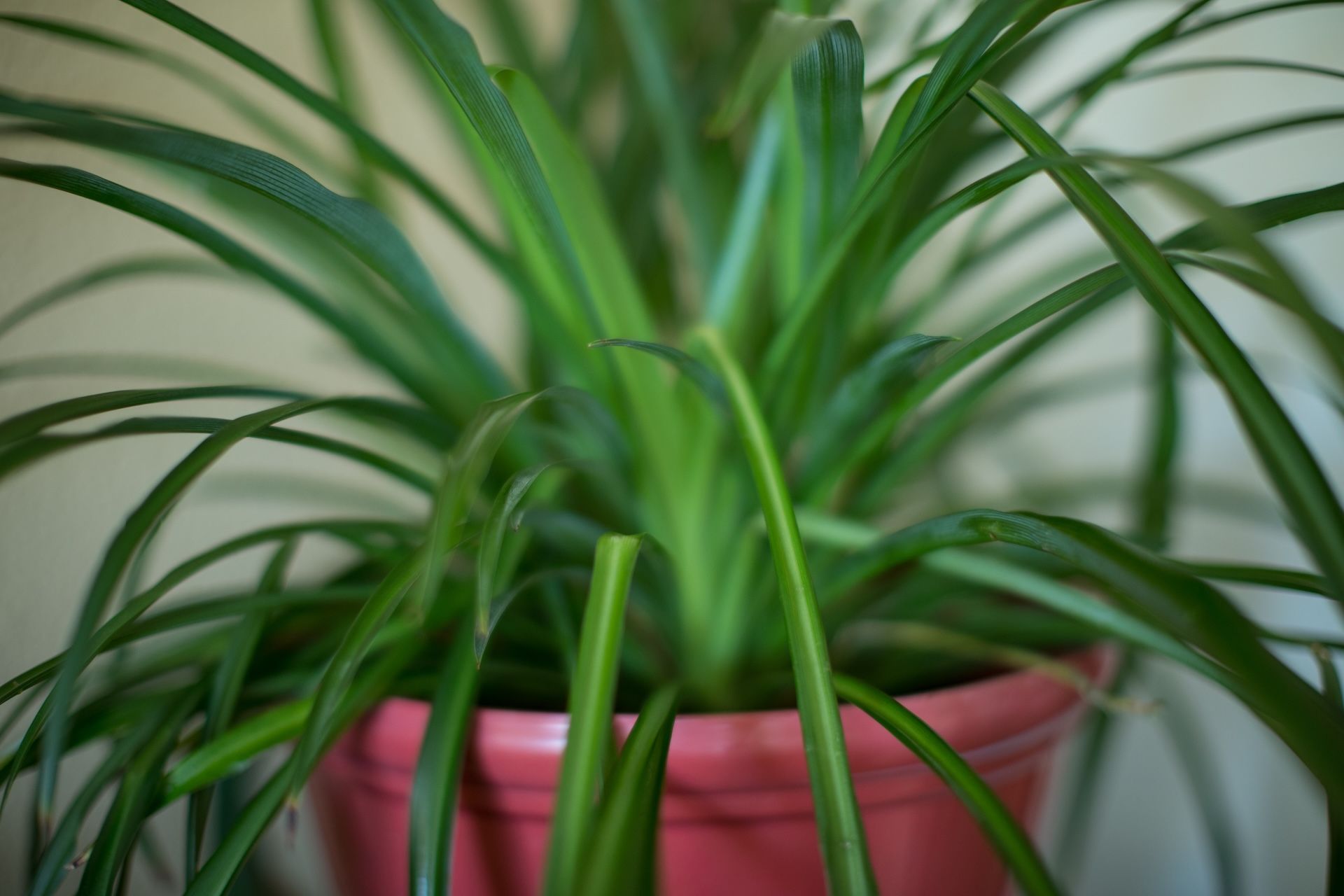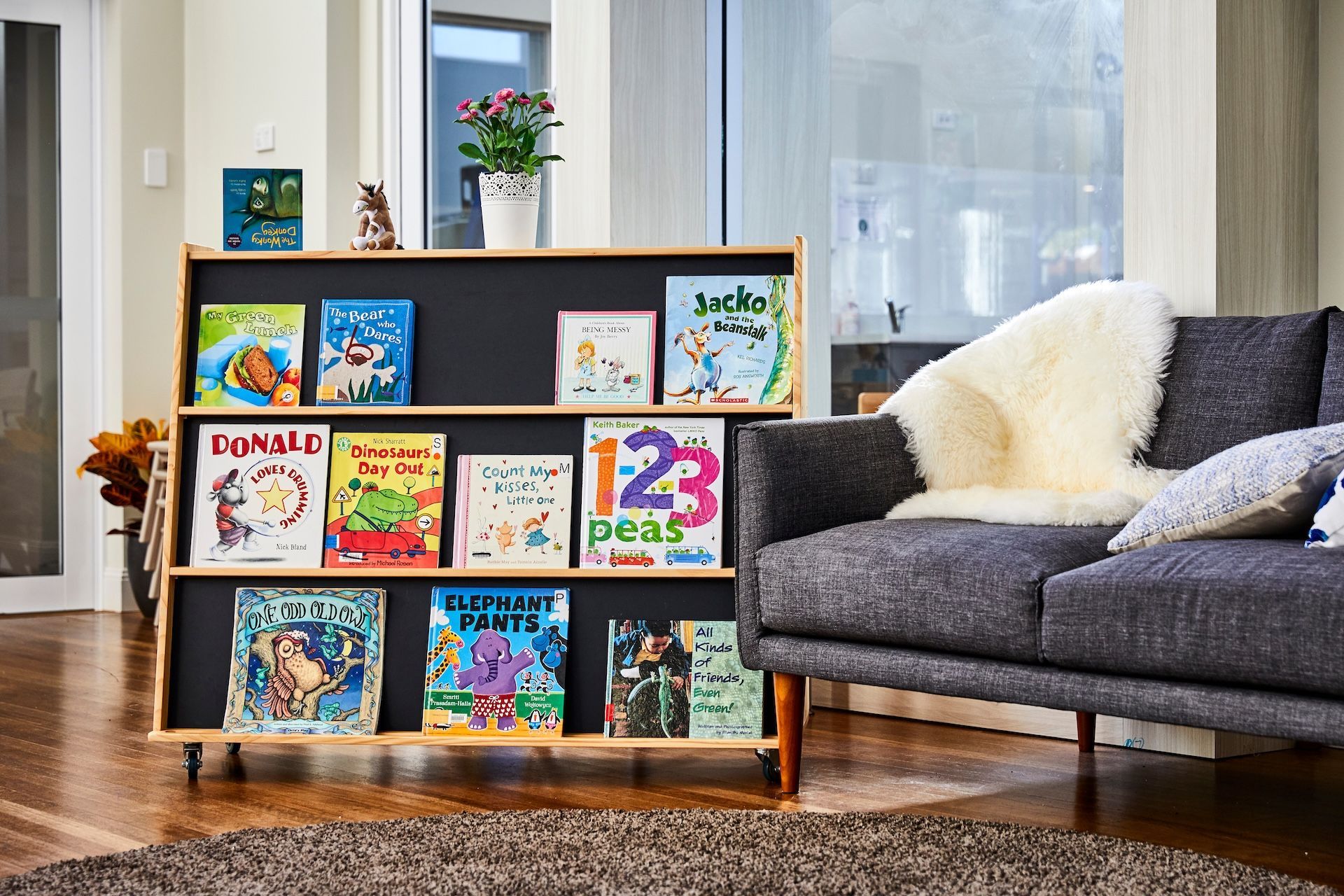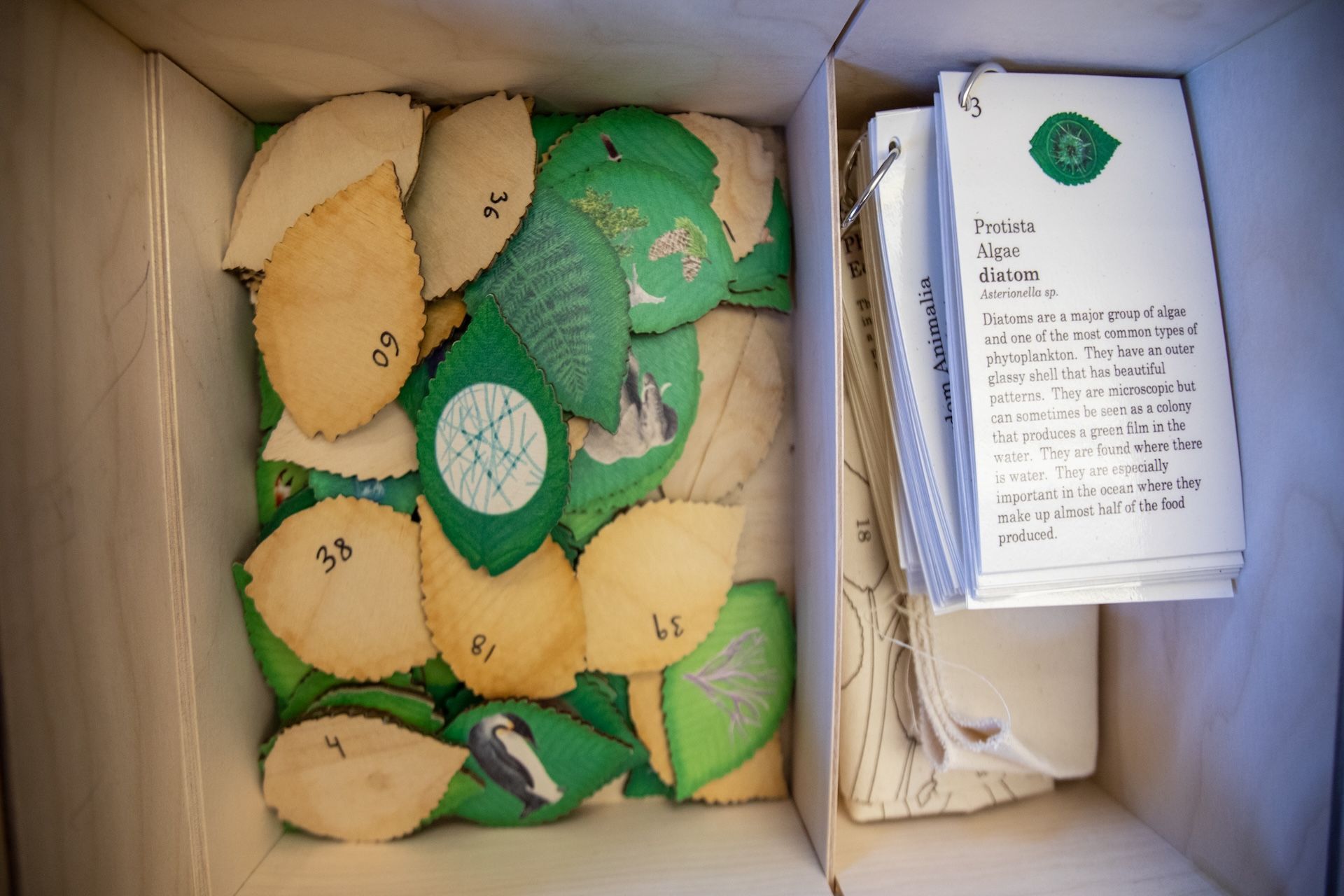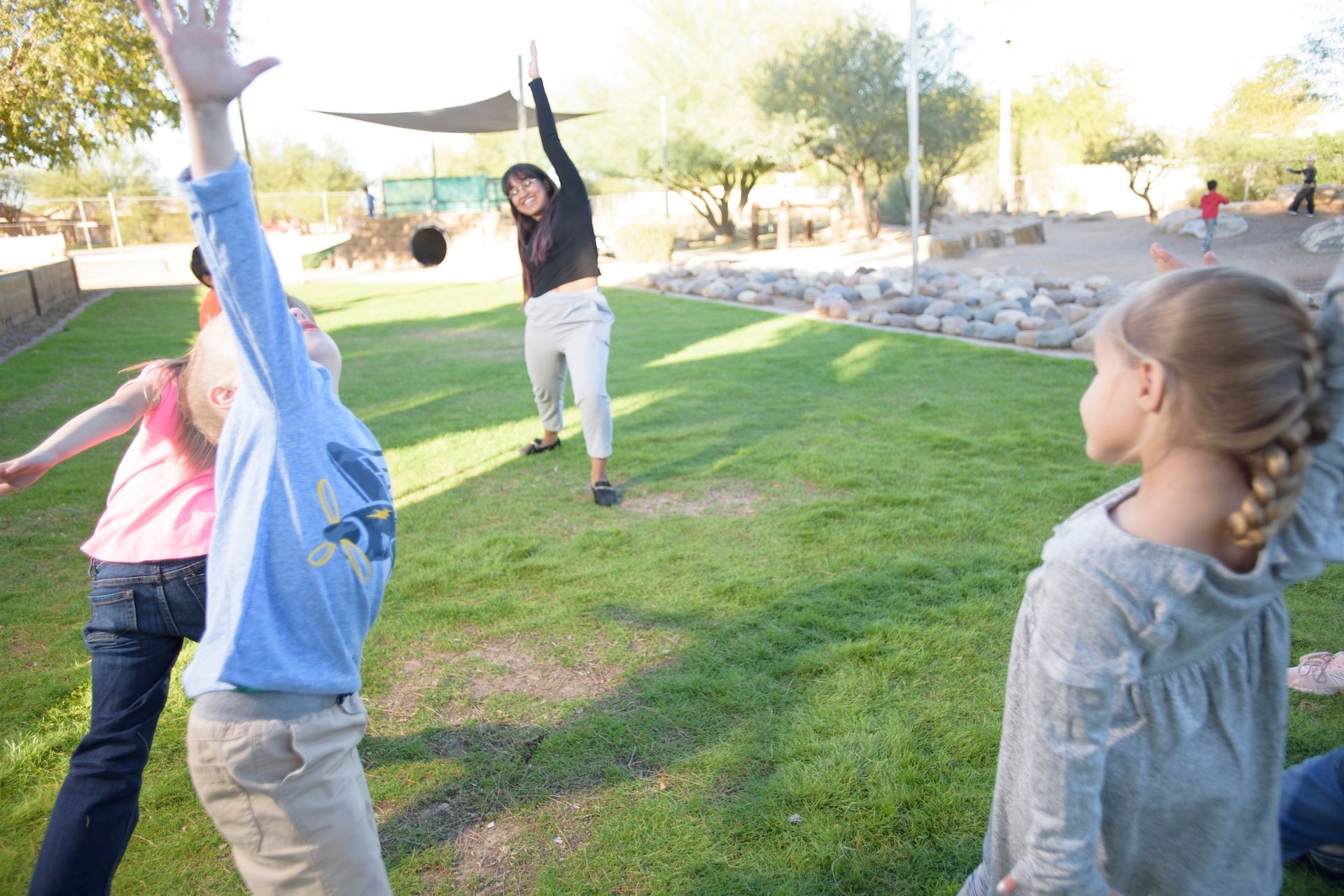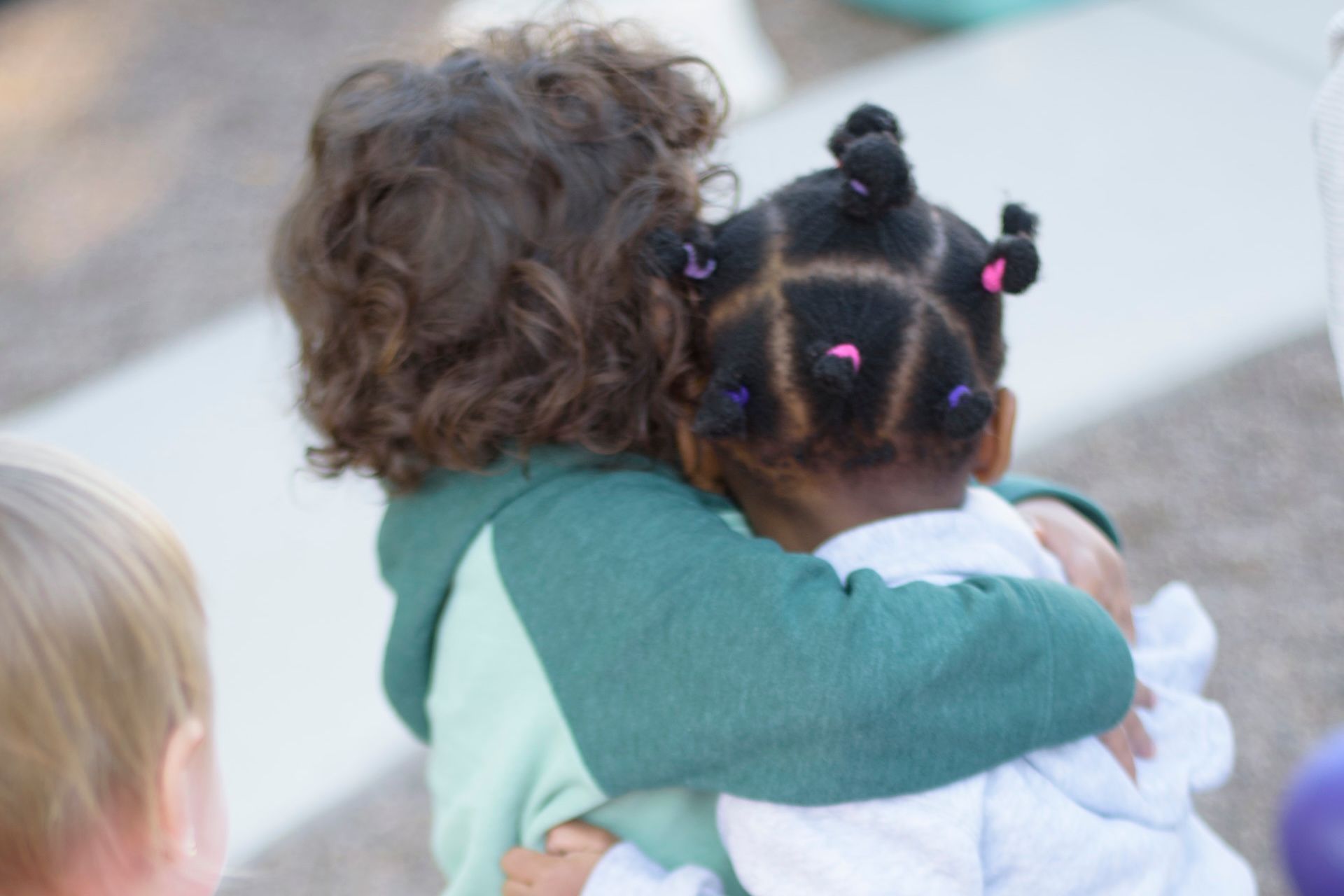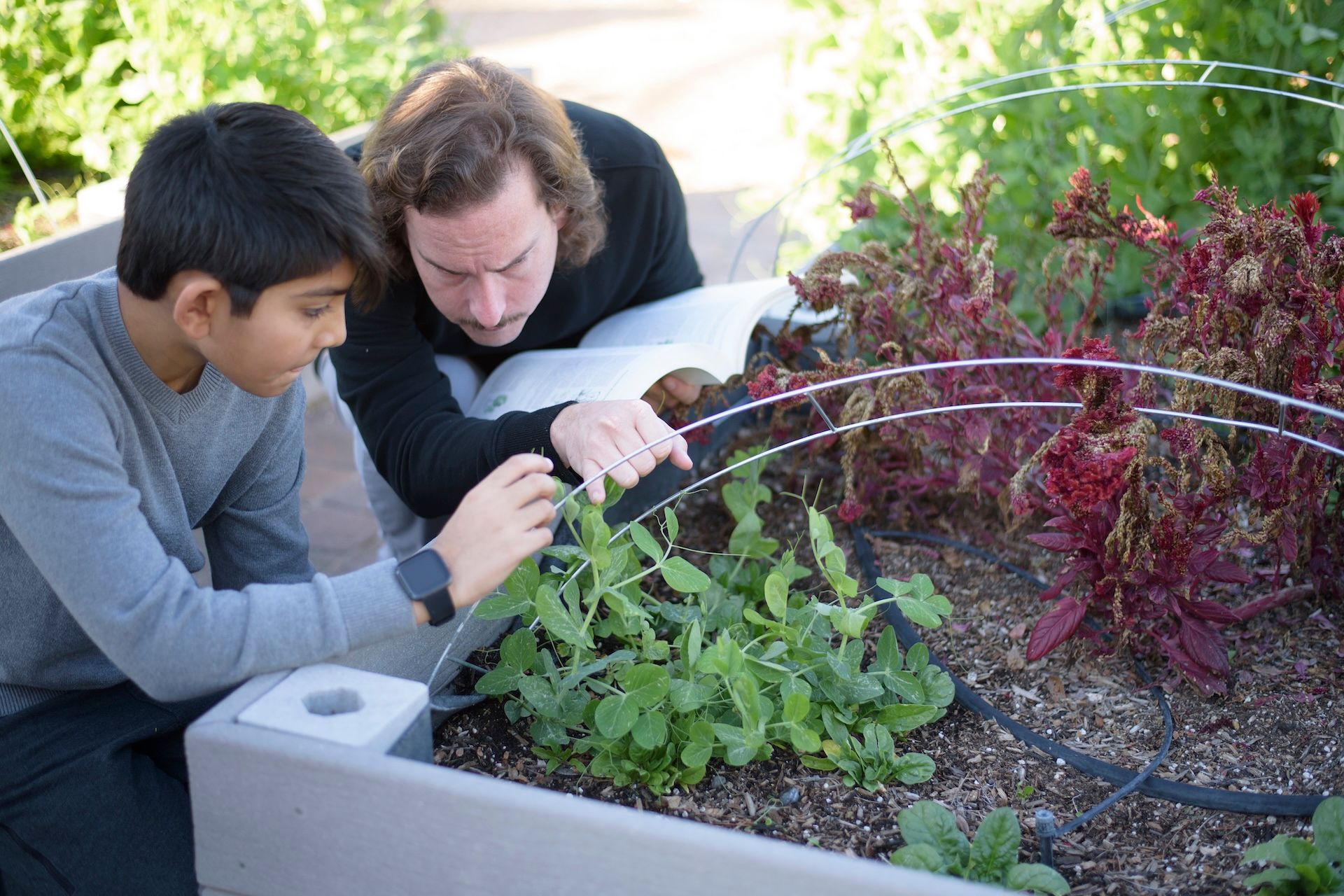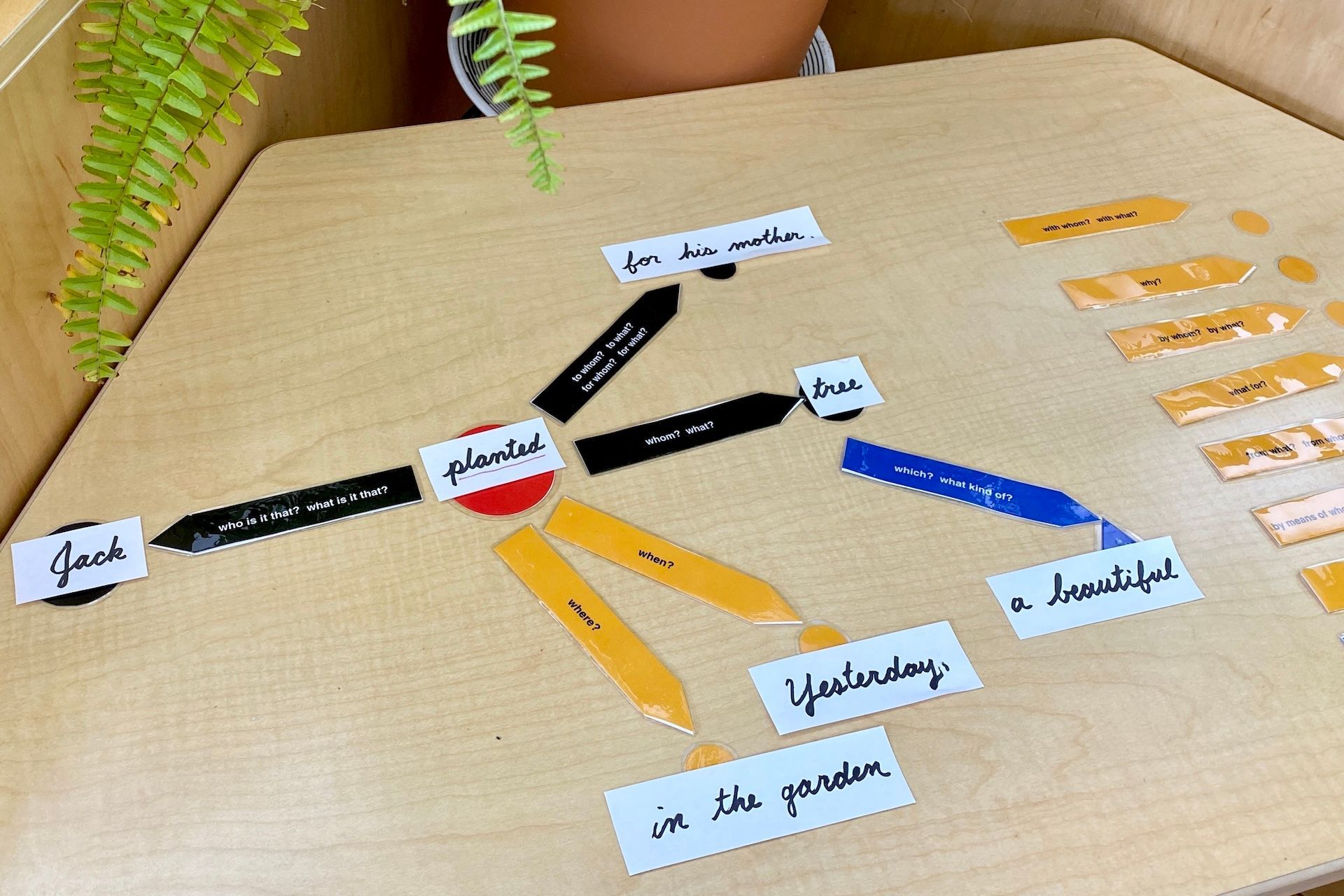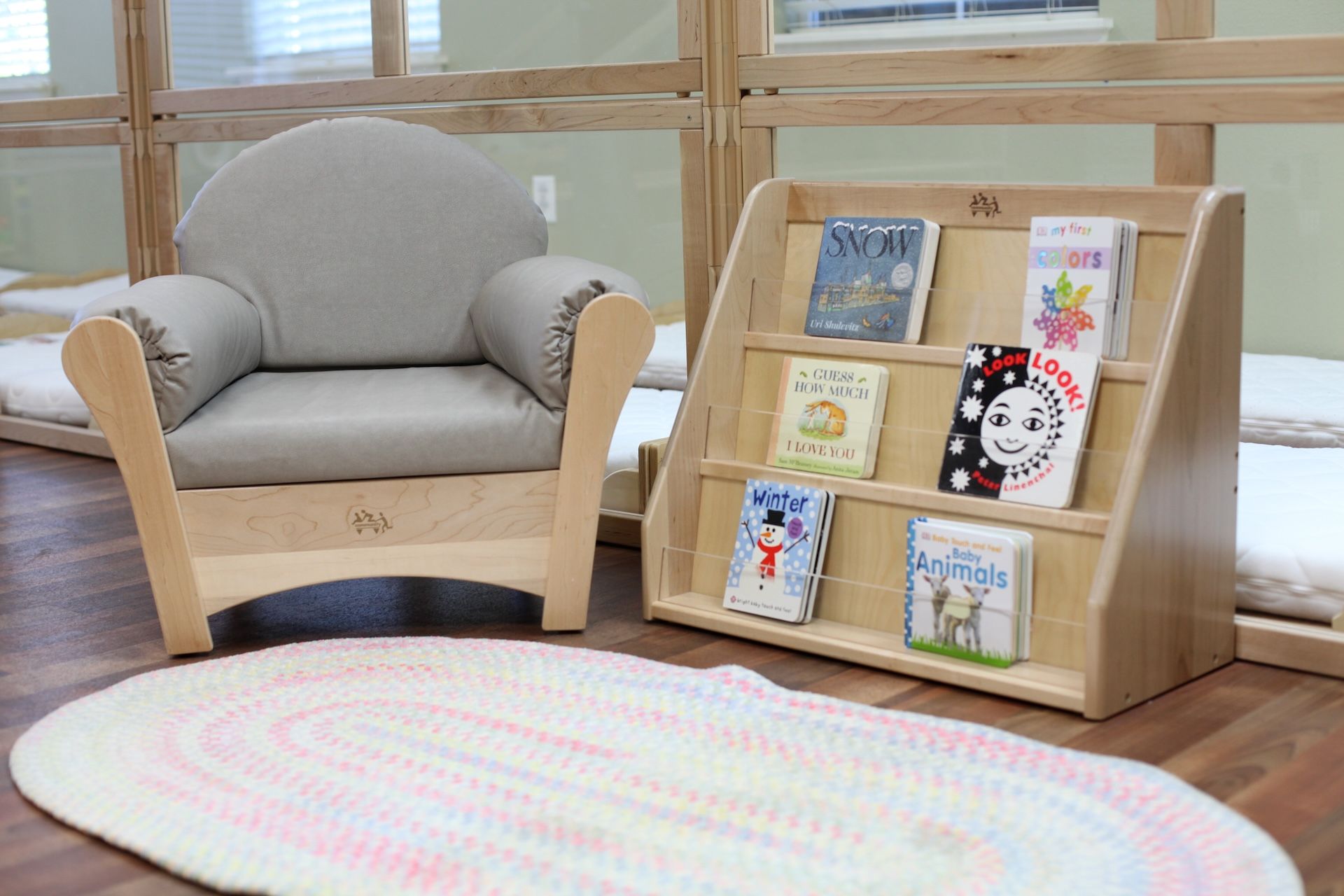Adventures in Potty Training!

Beginning the toilet training process can seem daunting but if done at the right time in a gentle and collaborative way the process can be less challenging then one may think. Here are some guidleines and suggestions for successfully supporting your child with using the toilet indpendently.
Sensitive Period for Toilet Learning:
15 – 30 months: The child will show interest and typically signs of physical and emotional readiness, participate willingly, and transition naturally to using the toilet successfully.
After the Sensitive Period has passed, toilet learning is more challenging for the child.
Readiness:
As your child approaches age three, you may be bombarded with advice and expectations about toileting from everyone around you- family, friends, neighbors, and others. However, toilet learning can become a long and frustrating process if you try to start before your child is ready. One of the most crucial aspects of success is timing, so it is essential to understand the physical and emotional signs that your child is ready to begin. Preparing yourself, the rest of the family, and the child’s environment will also help to ensure a successful transition.
Preparing the Environment: Physical
- Make the bathroom the area where you change diapers and offer the child to sit on the potty.
- Dispose of solid waste in the toilet and flush, helping the child make a strong connection between elimination, the toilet, and the flushing sound.
- Potty Training books for kids to look at and hear.
- Floor potty or cushy potty seat (to alleviate the fear of “falling in.”)
- Training pants, lots……….no diapers or pull-ups that may confuse. The feeling of getting “wet” is a natural consequence and will help the child toilet learn more successfully.
- Clothing that the child can easily “pull down” and “pull up” themselves (sweatpants, leggings, no zippers, buttons, buckles, etc.).
Preparing the Environment: Psychological
- Engage in matter-of-fact conversations about the body, body parts, and elimination. Teach proper names, even though you and your child may prefer to use more familiar names daily.
- Tell toileting stories about older siblings, cousins, or even parents (“Everyone older used to wear a diaper, but now they all wear underwear.” – this may be a revelation!)
- Encourage by forecasting the future. (“When you start using the toilet, you won’t need diapers anymore, can wear soft underpants with paw patrol on them, won’t have to wait to be changed by an adult,” etc. )
- It is important to try when there are no unforeseen changes to routine, such as travel, moving, a new baby, visitors, or illness.
SIGNS OF PHYSICAL READINESS:
- Has mastered basic motor skills, such as walking, undressing, and talking.
- Has bowel movements around the same time each day.
- They are aware they have urinated or had a bowel movement.
- Has control of bladder and bowel muscles: indications of this are if the child has a dry diaper after napping and a dry diaper after 2 hours.
****MOST CHILDREN ARE PHYSICALLY READY BEFORE THEY ARE EMOTIONALLY READY. ****
SIGNS OF EMOTIONAL READINESS:
- Tells you that they need a diaper change.
- Is interested in others using the toilet.
- Is receptive to trying to sit on a potty chair or toilet.
- Talks about wearing “big boy/big girl underpants.”
Consistency is key. Once you have determined that your child is ready to begin toilet learning, consistency is crucial for their success.
Having underwear on one day an
d a diaper the next is confusing and can set back the toilet learning process. Use towels, plastic bags, and double training pants to secure leaks, messes, etc. It is common and normal for accidents to occur. When a child does soil themselves, be very calm and matter-of-fact with your responses.
“Oh, you are wet; let’s go to the bathroom to change and get dry.”
“It is ok; you are still learning.”
ESTABLISH PRACTICAL EXPECTATIONS AND ROUTINES
“In our house, we always sit on the potty…
…When we wake up.”
...After breakfast.”
…before getting in the car.”
…when we get home from school.”
…Before bath/bedtime.”
USE YOUR VILLAGE FOR SUPPORT:
As a parent, you can get emotionally involved with this process. During this time, you must be supported by your spouse, partner, grandparents, aunts and uncles, teachers, etc. Prepare everyone around you for the experience and enlist other adults in the environment to support the process; stress and frustration on the adults’ part will impede the child’s success.


